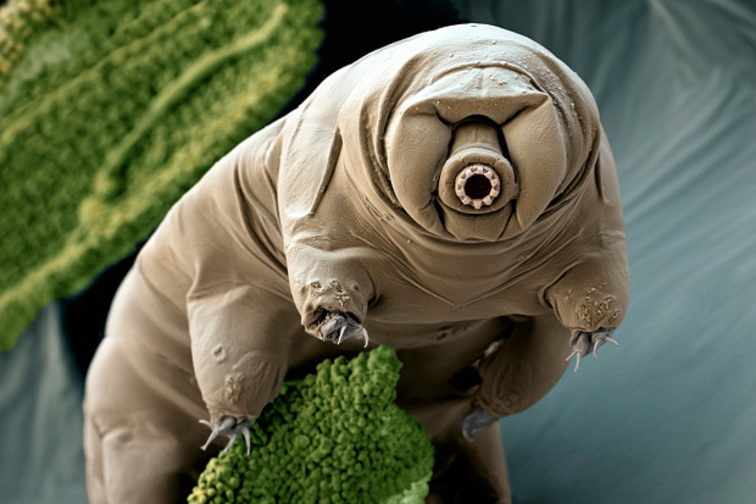Secrets of the universe
1 . Water

If we adhere to the idea that water is a guarantee of the origin of life on the planet, then the probability of its origin on other planets is great. After all, water is everywhere in the universe, although often it occurs in the form of ice (but not always).
For example, in the solar system there are many satellites, on which, as astronomers consider, there must be water in a liquid form.
Most notable is one of Saturn's satellites, Enceladus, whose geysers "shoot" into the surrounding space with huge jets of water vapor and ice particles. This also implies significant geological activity, which could provide the necessary conditions for life.
2 . Exoplanets

Although in fact the number of planets found is changing all the time because of new discoveries or even because of the "lowering" of planets to dwarf planets or satellites, most scientists agree that in vast spaces of space there are billions of planets, star systems and galaxies. If we assume that the cosmos is "infinite", then it means that the possibilities for the existence of various other planets are infinite.
In turn, this increases the probability of existence of life somewhere in the depths of space. Even if we assume that only 1% of these planets are possible life, it is still just a huge number of potentially inhabited space bodies. As in the case of the Earth, each planet is likely to have life in many forms.
3 . Extremophiles

In general, scientists concentrate on the search for life, which requires the same conditions and "building blocks" as life forms on Earth. However, it is possible that on another planet, because of a completely different set of conditions, life looks quite different and really will be "strange" for people. Again, the possibilities are endless, but, it may very well be that there are beings in liquid or gaseous form.